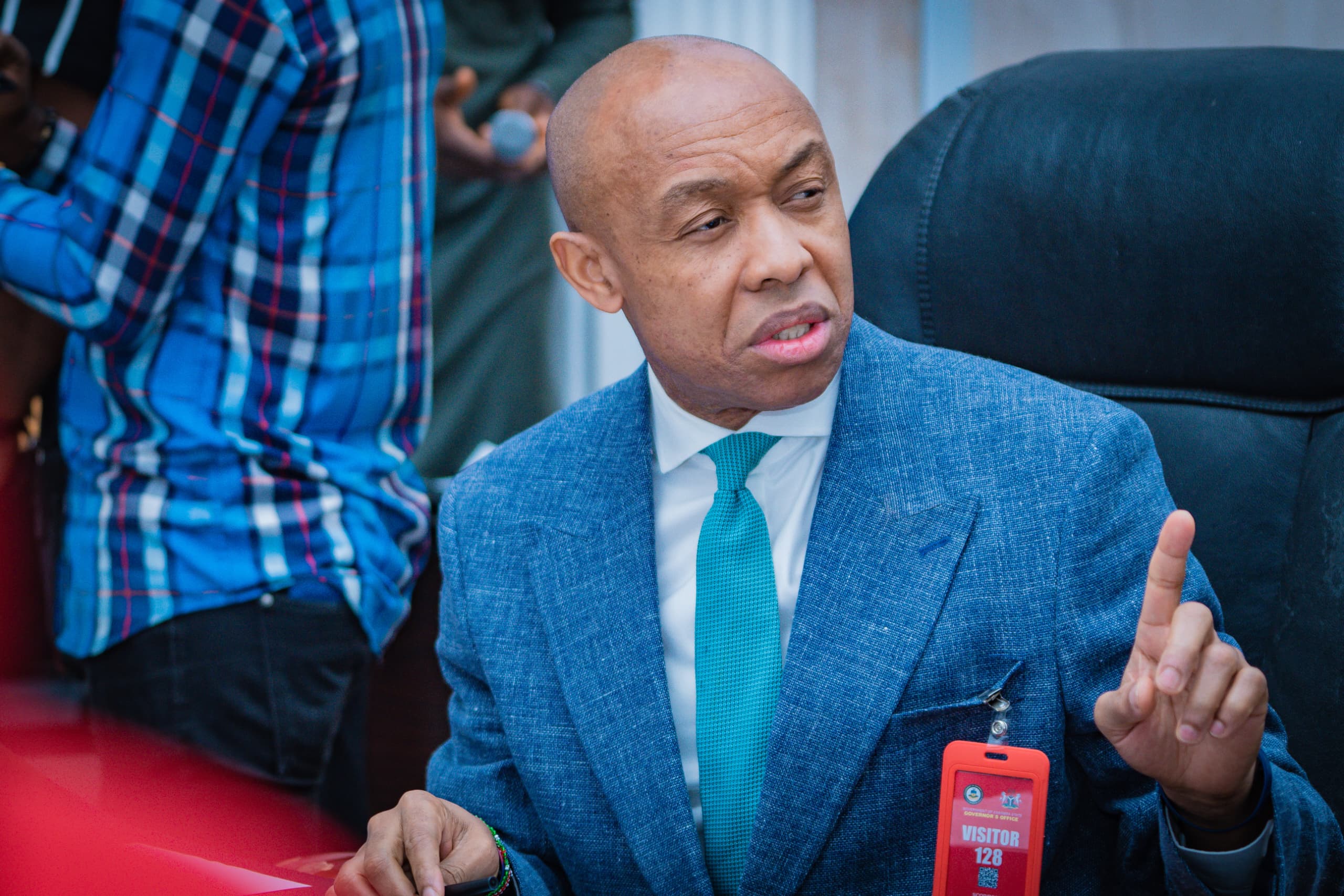Law teacher and an ex-Chair of the National Human Rights Commission, Prof. Chidi Odinkalu has condemned the recently published list of nominees to the High Court of the Federal Capital Territory.
Speaking strongly against the short period within which stakeholders and interested members of the public are expected to respond to the list, Odinkalu on X (former Twitter) also remarked that the nominations “illustrates everything wrong with the Nigerian judiciary.”

Odinkalu also expressed disappointment with NBA saying it aided the legitimization these “self-serving nominations” by publishing the list on a Friday during the Ramadan and Lenten periods, giving the public only two working days to provide comments.
“When I speak about filialization & genitalization of the Nigerian judiciary, this is an exhibit in that case,” Odinkalu tweeted, referring to the alleged nepotism and favoritism in judicial appointments.
Throwing his spotlight on candidates who seem to have close ties with current or former high-ranking judicial and government officials, Odinkalu said : “The kind of testicular fortitude required for this kind of perversion of high judicial office is good only for #organisedcrime. Ask urself the question: if this is about administration of justice, why convert judicial office into a family heirloom or a genital insemination?”

According to the rights advocate:
- Candidate No. 7, Buetnaan, is the daughter of the President of the Court of Appeal, who was appointed a judge in Plateau State in 2021, raising questions about the transparency of her potential transfer.
- Candidate No. 11 is an in-law of Rivers State Governor Nyesom Wike, who appointed her as a Senior Magistrate last year, suggesting potential quid pro quo arrangements.
- The list includes the daughters of the former and current Chief Judges of the FCT High Court (No. 5 and No. 9, respectively).
- Candidate No. 10 is the daughter-in-law of the current Chief Justice of Nigeria, while No. 12 is the daughter of his immediate predecessor.
Last Friday, a Federal High Court, Abuja, dismissed an application challenging the appointment of 12 judges for the High Court of the Federal Capital Territory (FCT) on the basis that since 2017 Ebonyi State has not been represented in the FCT judiciary.
Justice Inyang Ekwo, in his verdict held that the plaintiff, Azubuike Oko, a lawyer from Ebonyi, lacked the legal right to institute the matter.
Justice Ekwo also upheld the objection raised by Akinlolu Kehinde, SAN, counsel for the Chief Justice of Nigeria (CJN), Justice Olukayode Ariwoola; the National Judicial Council (NJC) and the Chief Judge of the FCT High Court, Hussein Baba-Yusuf.
The News Agency of Nigeria (NAN) reports that Oko had, in the suit marked: FHC/ABJ/CS/205/2024, challenged the non-inclusion of lawyers from his state among the newly appointed judges of the High Court of the FCT.
He alleged that Ebonyi had been routinely excluded and marginalised with respect to the appointment of judges of the court by Baba-Yusuf, NJC and the Federal Judicial Service Commission (FJSC).
Oko claimed that it was the FCT chief judge who computed the names of qualified lawyers from selected states, which he sent to the FJSC for recommendation to NJC for appointment by the President of Nigeria as judges of the court.
He said the states from which the new appointment was made are Bauchi, Bayelsa, Enugu, Imo, Kogi, Kwara, Lagos, Oyo, Plateau, Rivers, Taraba, and Zamfara.
He alleged that currently, Oyo and Kogi “already had two serving judges in the FCT High Court, and the two states were given additional slots, to now have three judges, despite the fact that Ebonyi State has no single serving judge in the High Court of the FCT.”
Justice Ekwo, in the judgment on Friday held that the plaintiff was not saying that he had personal injury caused by the CJN, NJC and the Chief Judge of the FCT or any other defendant in the case for which he sought remedy.
He said that “the plaintiff only claimed that he is from Ebonyi, which had been routinely excluded and marginalised with respect to the appointment of judges of the High Court of FCT by the 1st, 2nd and 3rd defendants (the CJN, NJC and the Federal Judicial Service Commission (FJSC).
